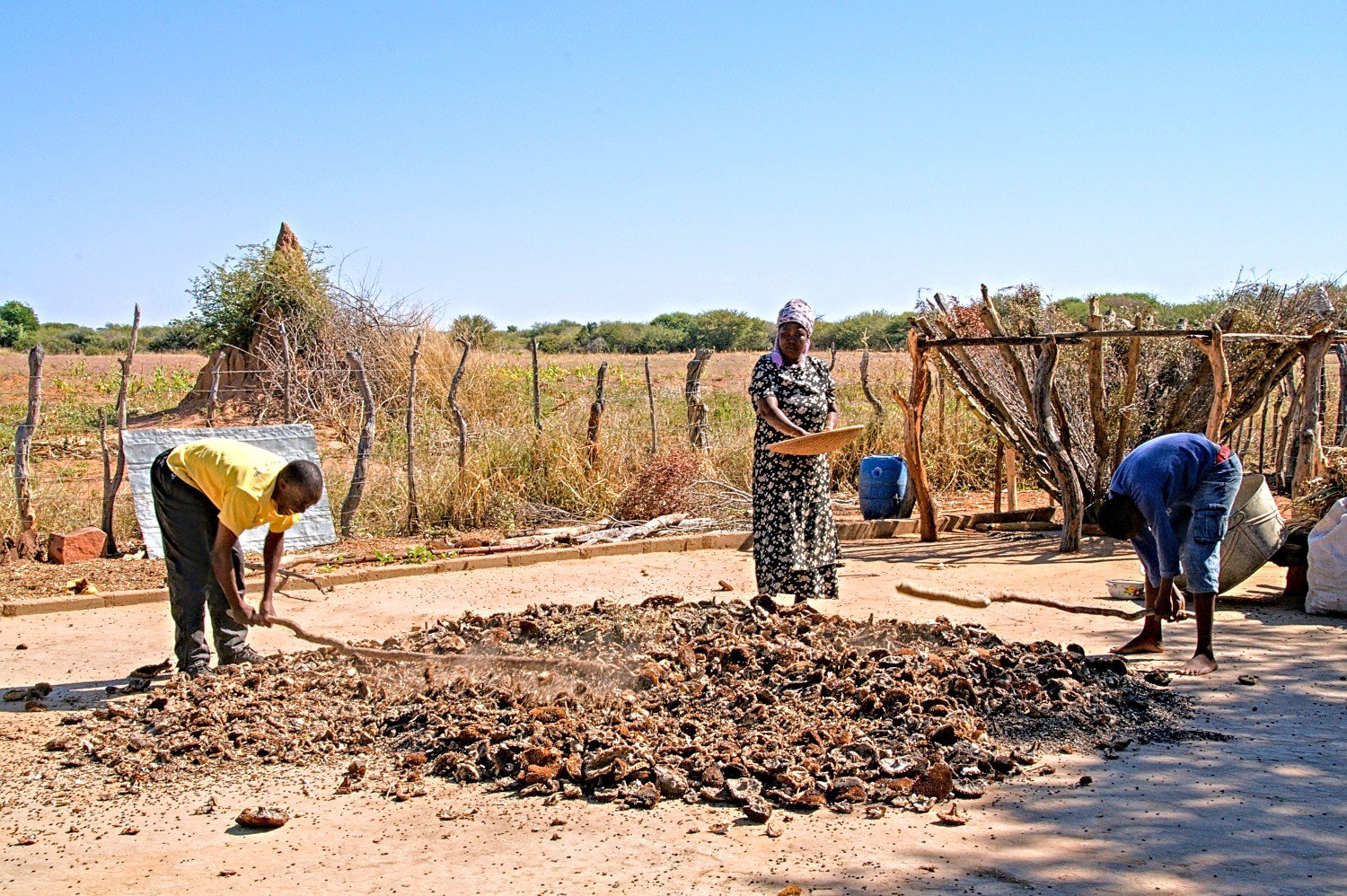
Agriculture contributes less than 3% of the GDP in Botswana. In recent years the sector has consistently failed to contribute meaningfully to the economy and general betterment of the people.
Lemaculture de-risks crop farming by providing farmers with field-specific analysis of soil chemistry and biology.
Low Yields.
Even with the available arable land, Botswana imports a staggering 90% of food grains consumed (World Bank, 2015). There has been a drastic decline in yields of all major food crops over the years. For example, recorded yields were as low as 48kg/ha for sorghum, 25kg/ha for maize and 31kg/ha for beans during the period 2017-2019 (Statistics Botswana, 2020).
Food Insecurity.
Such low yields have contributed to the current food insecurity and poverty situation in the country. About 51% of the population endure moderate to severe food insecurity while 22% suffer from severe food insecurity (Statistics Botswana, 2020). In addition, about 59% of the population live below the poverty line for middle income countries, a figure expected to increase to above 60% because of Covid-19 (World Bank, 2020).
Technology Solutions.
The picture painted by these data is as dire as it is unsustainable. It requires innovative solutions that leverage the power of big data, genomics, artificial intelligence, and machine learning to reduce losses and improve agricultural productivity. Specifically, these technologies can be used to determine soil health, moisture, and crop suitability, detect pests, and diagnose pathogens to optimize yields and profitability for small and medium scale farmers. A recent study by the Botswana government concluded that crop yields can be increased four times if modern technologies are incorporated into existing agricultural practices.